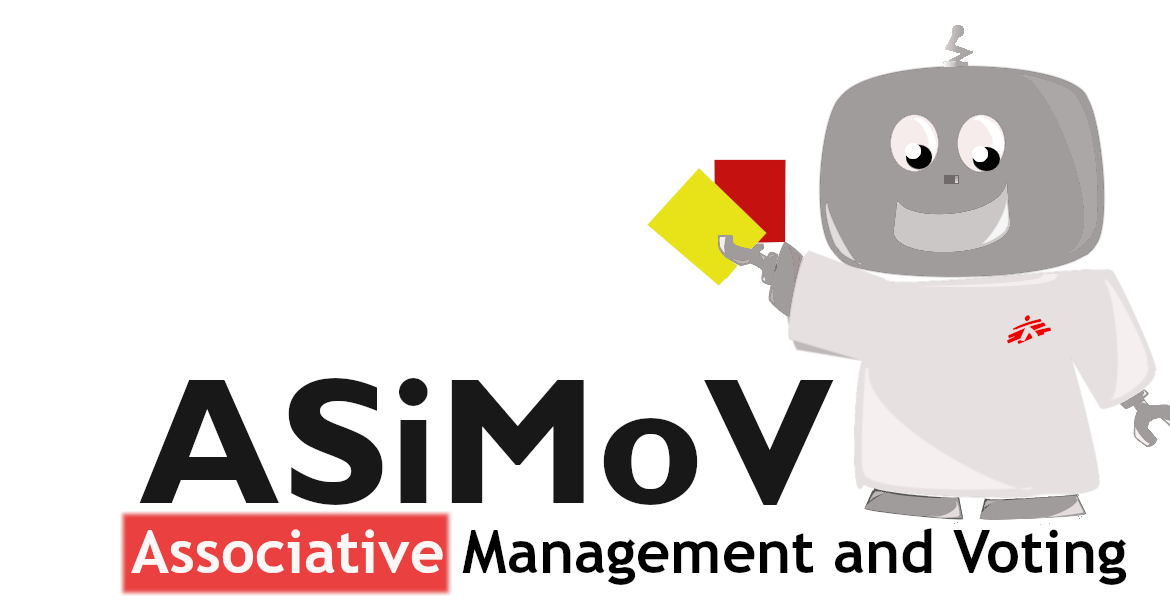Motion: MSF operational centers, starting with Operational Center Brussels (OCB), should go as far as is feasible towards becoming separate legal entities from their host sections, with separate and legally responsible boards, so they can be more accountable to patients, members and donors.
Context: Similar proposals have also been discussed elsewhere in Médecins Sans Frontières. MSF Japan has for instance suggested: “The Operational Directorates should become legal entities, which governance should be separated from partner/host section. This will establish true equality in the associative ownership of the social mission.” Within the Operational Center Brussels (OCB) a legal split from MSF Belgium was at the very least a topic for serious debate around 2002-2005. While many definitions exist, accountability is here understood by the Cambridge Dictionary definition as: “The fact of being responsible for what you do and able to give a satisfactory reason for it, or the degree to which this happens.”
Argument: The operational centers are different, but OCB can perhaps be a model for the others with regards to board accountability. If the OCB Gathering approves this motion, the OCB Board could explore if and how establishing OCB as a separate legal entity could be done legally, practically and financially feasible. OCB and MSF Belgium’s legal governance structure could also be audited and potential risks related to their relationship assessed. In parallel, a version of this motion could be raised at the International General Assembly.
The current situation for OCB and MSF Belgium (MSF-B) is described in the OCB Board’s regulations: “The partnership of the OCB is based on a gentleman’s agreement. Due to legal matters, the MSF-B Board is legally responsible, but the OCB Board is functionally accountable for OCB actions.” This motion is humble about the historical and legal reasons for why OCB is organized the way it is, but maybe it can be improved. It is perhaps understandable that in its early days, a small organization may have relied on a gentlemen’s agreement as a sufficient legal foundation — at least temporarily. However, OCB’s total expenses have more than doubled from about €179 million in 2010 to roughly €468 million in 2017. It has probably also grown in complexity. With great power comes great responsibility.
While not referring to the OCB Board, and likely not intended as a sweeping generalization, the “MSF OCB Bureaucratisation Review” concluded: “Interviewees and evaluators noted that MSF does not possess a culture of accountability.” To be fair, OCB has recently made efforts to improve and has for instance launched a Resource Accountability Program. It states: “The first objective is to bring behavioural change within MSF enabling its employees to be (more) accountable for resources (‘’be accountable, spend wisely’’).” By example, the OCB Board can perhaps contribute even more to a culture of accountability within OCB.
The OCB Gathering and board member elections are ways to hold the OCB Board to account, but it is only once a year and not enough. As association members, we should be able to rest assured that the OCB Board members we elect are legally empowered to decisively steer the General Director — and that the OCB Board can ultimately be held legally to account for their decisions. While we should have very modest hopes, particularly in the short term, approving this motion may perhaps strengthen the board a little in its relationship with the executive and improve governance ever so slightly. Our patients and donors have few means to influence MSF, yet we can assume they would appreciate more accountability. This is an expectation we likely can live up to.
Essentially the MSF Belgium Board sometimes operates as a shadow board — rubberstamping some of the decisions of the OCB Board with their signatures. For instance, according to the regulations one of the mandates of the OCB Board is "approving the annual OCB budget in coherence with the MSFB Board". There are also a delegation of some powers from the OCB Board to the MSF Belgium Board according to Annex 1 of the regulations. When decision makers are not legally responsible for their actions it may add unnecessary risk — and sometimes create a situation of moral hazard. This may work out fine most of the time, particularly when there is consensus between the boards of MSF Belgium and OCB. Yet, it can also be wholly inadequate in times of crisis or when difficult decisions need to be made. It will potentially only solve a few of the many issues related to accountability. However, having the boards of the operational centers — if feasible — become separate legal entities might be a small but critical step in the right direction.
MSF Norway GA
